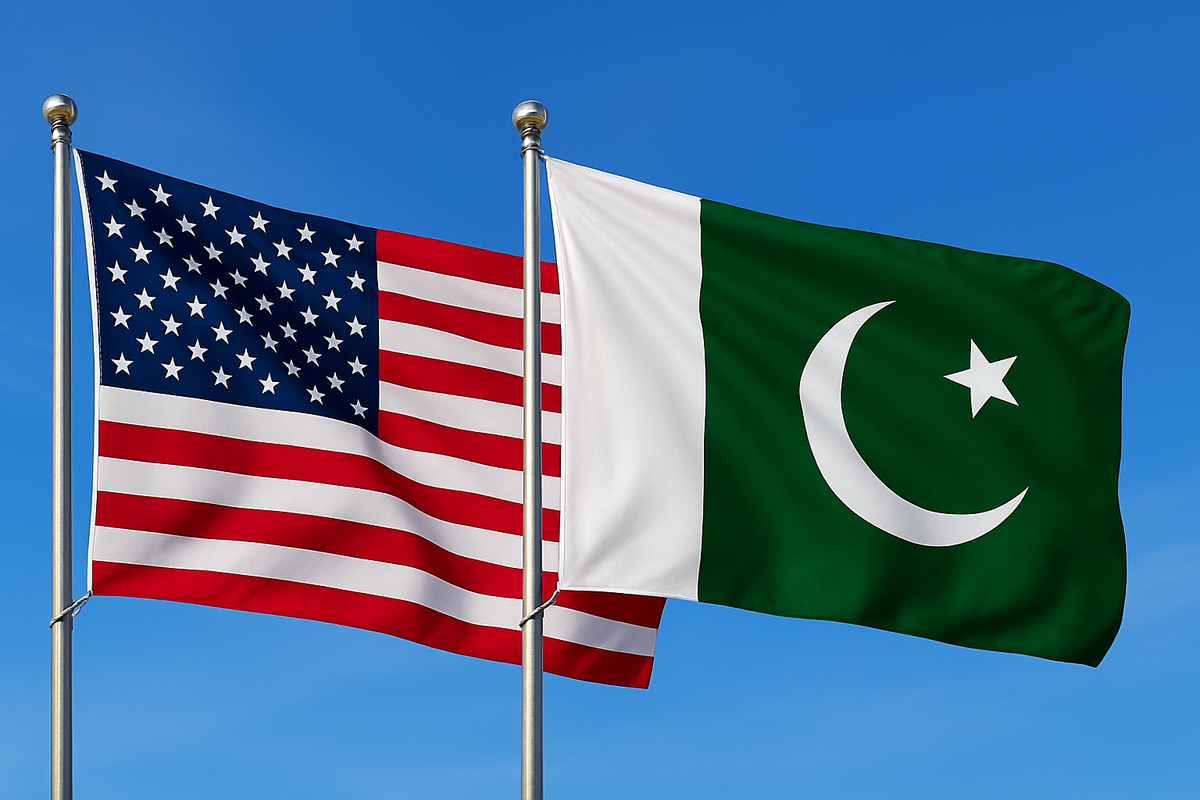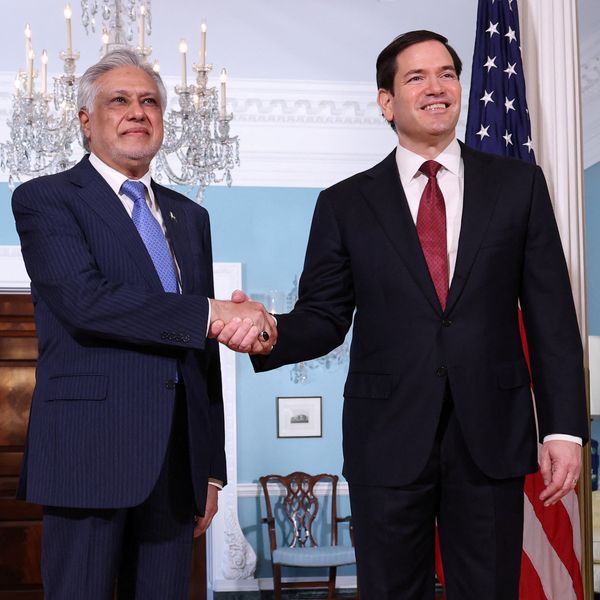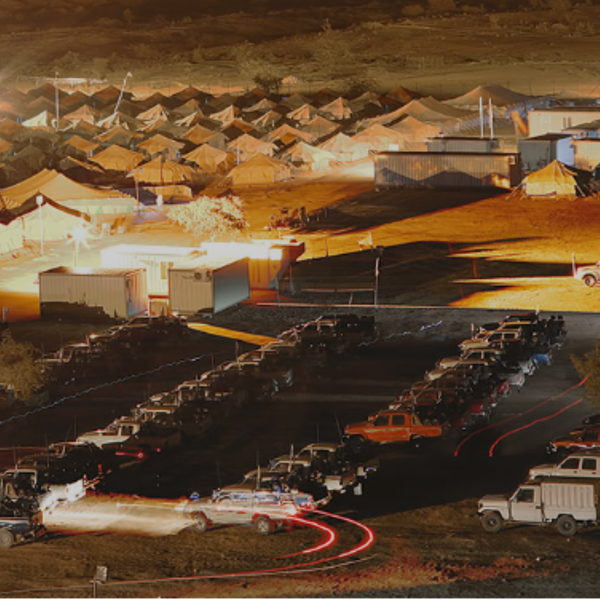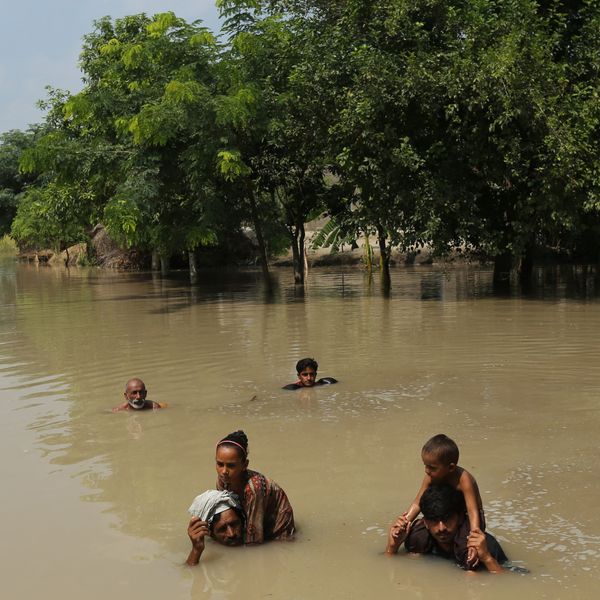US, Pakistan pledge deeper counterterrorism cooperation amid thaw in ties
High-level talks in Islamabad just after US blacklisted Majeed Brigade, the armed wing of BLA
News Desk
The News Desk provides timely and factual coverage of national and international events, with an emphasis on accuracy and clarity.

US and Pakistan flags
AI generated image
Pakistan and the United States vowed to step up counterterrorism cooperation during high-level talks in Islamabad on Monday, a sign of rapidly warming ties as Washington formally blacklisted the Balochistan Liberation Army (BLA) and its Majeed Brigade armed wing.
The latest round of the U.S.-Pakistan Counterterrorism Dialogue was co-chaired by Pakistan’s Special Secretary for the United Nations Nabeel Munir and U.S. Department of State Acting Coordinator for Counterterrorism Gregory D. LoGerfo.
Delegations from both sides discussed ways to enhance cooperation against groups such as the BLA, ISIS-Khorasan, and Tehreek-e-Taliban Pakistan (TTP).
The BLA is among the most active insurgent groups in Pakistan’s restive Balochistan province, a mineral-rich region that borders Afghanistan and Iran and hosts multi-billion-dollar Chinese investments, including the Gwadar deep-water port.
In their joint statement, the two governments stressed the importance of “effective approaches to terrorist threats” and the need to counter the use of emerging technologies for terrorist purposes.
The United States praised Pakistan’s “continued successes” in containing militant threats, and expressed condolences for victims of recent attacks, including the Jaffar Express train bombing and a school bus blast in Khuzdar.
The dialogue also highlighted plans for stronger institutional frameworks, capacity building, and multilateral cooperation, particularly through the United Nations.
Warming relationship
The talks were held against a backdrop of intensified U.S.-Pakistan engagement.
Pakistan’s army chief, Field Marshal Syed Asim Munir, visited Washington last week, his second official trip in less than two months.
Such counterterrorism exchanges often involve intelligence sharing, lists of proscribed groups and individuals, and coordination on targeted designations — such as the U.S. move against the Majeed Brigade, Nukta's Islamabad Editor Aamir Abbasi said.
“In these meetings, Pakistan typically conveys what it needs in terms of training, equipment, or technical support,” he added. “The timing is significant — relations are on an upswing, Pakistan has just handed over an ISIS-K terrorist to the U.S., and both sides are seeking to lock in this momentum.”
Speaking about the talks, U.S. State Department spokeswoman Tammy Bruce said the two countries "discussed ways to enhance cooperation to counter terrorist threats.""
"And I think that for the region and for the world, the United States working with both those nations is good news and will promote a future that’s beneficial, she added.
Michael Kugelman, a South Asia expert, described the joint statement as “one of the most positive and effusive” U.S.-Pakistan counterterrorism communiques in years, likening its tone to the immediate post-9/11 period.
“We’ve come a long way, in very little time,” he wrote on X.










Comments
See what people are discussing